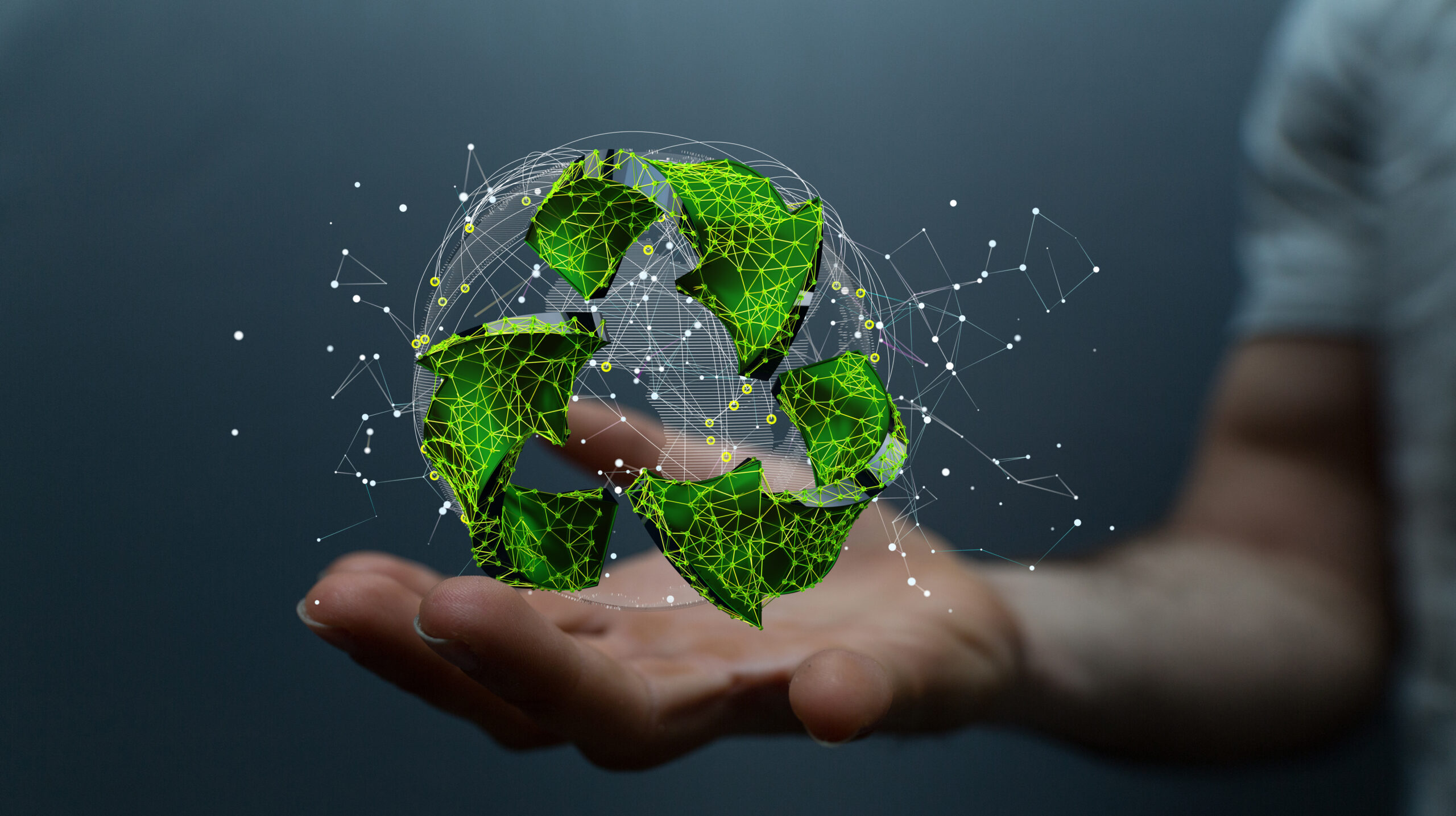ASTANA – In Kazakhstan, only one-fourth of the solid municipal waste is recycled despite the availability of the legislative base, simplified business creation process and infrastructure development. Experts say low awareness is the cornerstone of the problem and suggest education on waste management, including among children, as a solution.

Photo credit: Shutterstock.
The waste management problem is a challenge across the globe. According to the World Bank, the annual volume of municipal solid waste is expected to grow to 3.4 billion tons by 2050. Pollution generated by waste penetrating via soil, air, and water threatens the environment and human health.
Kazakh Minister of Ecology and Natural Recourses Zulfiya Suleimanova also mentioned poor waste management as one of the country’s top three ecological problems.
Recycling reduces the need for landfills and the need for extracting, refining, and processing raw materials, which decreases environmental pressure.
In terms of recycling, Kazakhstan is ranked 175th out of 180 countries by the analysts at Yale University in their Environmental Performance Index (EPI) assessment.
“The framework is available. To date, we have a separate collection of two fractions – wet (organic) and dry (recyclable waste such as glass, paper). We opted for a simplified approach due to our territorial features, while international practice foresees more fractions,” said Dinara Azhigaliyeva, deputy director of the State Policy in Waste Management Department at the Ministry of Ecology and Natural Recourses, in an interview for this story.
She added that any activity related to the collection, processing, and disposal of non-hazardous waste is carried out in a notification manner, which means all applications are approved without special requirements for the equipment, thereby simplifying the business creation process.
Low awareness of recycling needs to be addressed, she noted.
“We have difficulties with attracting investors to the remote regions of the country and technologies. However, irrespective of the technologies and infrastructure to offer, if we don’t convey to the citizens the importance of recycling, we don’t get any results,” said Azhigaliyeva.
The country’s citizens are not ready to sort the waste, while waste management companies have some shortcomings in their activities.
“Despite the availability of separate containers, the garbage is sometimes being taken out in one truck by the waste management companies due to the insufficiency of trucks, which undermines the population’s confidence,” she said.
Certified eco-coach Maryam Kasymova said she believes insufficient public awareness is the cornerstone of the low recycling rate problem in Kazakhstan.
“Consciousness changes gradually. For example, in Germany, this process took more than 25 years. We are at the beginning stage,” she said.
According to her, education about garbage sorting should start from kindergarten and proceed in schools and universities. She also sees the need to make social advertisements on the streets and inside commercial and residential buildings. “We must convey how waste threatens their health and the environment,” she said.
Aizhan Myrzagaliyeva, director of LS Ecolife branch in Astana, a company collecting recyclable materials operating in four cities of Kazakhstan, noted the upward trend in the number of people sending waste for recycling.
“Every day people write and call us to find out what can be handed over. They are learning to collect garbage separately with us,” said Myrzagaliyeva.
According to the ministry, to tackle the low development of separate garbage collection, the government implements additional sorting when all the mixed fractions are delivered to the sorting point. The first point has been installed in Oskemen.
Azhigaliyeva said the ministry plans to raise awareness by working with prominent public figures and television.
